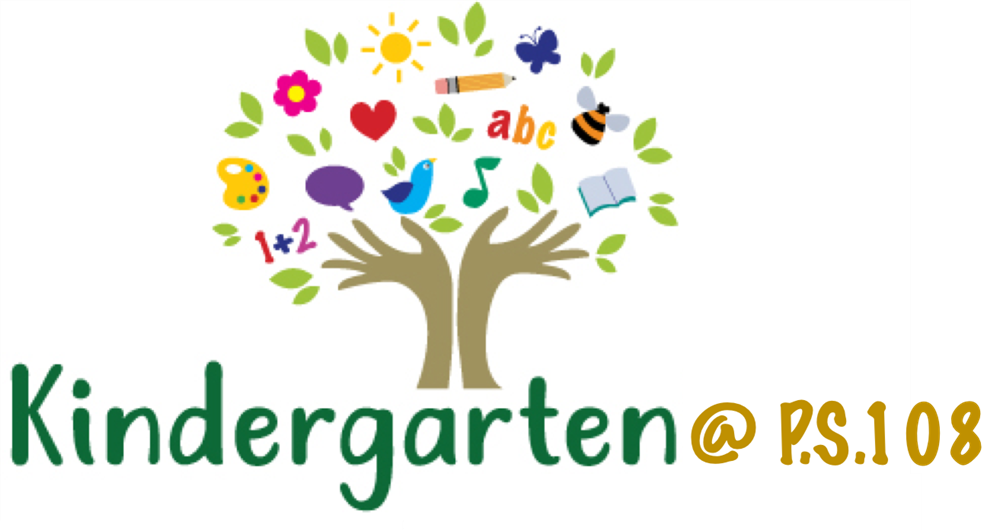
-
May/June What is Kindergarten studying?
ELA:
Module 4: Contributing to the Community: Enjoying and Appreciating Trees
Module Summary: In this module, students continue to build on their scientific knowledge of trees from Module 3 by exploring the importance of trees to people and their communities. Students learn how different people, both real and imaginary, enjoy and appreciate trees, and they consider how real people and characters have used trees to fill a need in their community.
Unit Tasks:
- students learn about the different ways people enjoy trees through reading and analyzing the texts.
- students read about the ways planting trees can contribute to a community.
- students deepen their understanding of the importance of trees and apply their new knowledge of the importance of trees to people by advocating for the appreciation of trees in their own community.
Eureka Math:
Module 5: Numbers 10–20 and Counting to 100
- Count 10 ones and some ones
- Compose Numbers 11–20 from 10 Ones and Some Ones; Represent and Write Teen Numbers
- Decompose Numbers 11–20, and Count to Answer “How Many?” Questions in Varied Configurations
- Extend the Say Ten and Regular Count Sequence to 100
- Represent and Apply Compositions and Decompositions of Teen Numbers
-
Kindergarten Homework, what to expect?
Homework is a crucial part of your child's active learning process and essential to their academic progress. Please make sure that any homework that is in your child's homework folder is completed daily.- Please remember, you are there to support your child's learning, but homework needs to be completed by your child.
- Please sign your child's homework daily.
Kindergarten homework is as follows:Phonics: Please review letters and sounds/sight words daily with your child.Reading Log: Your child should be reading for 10-15 minutes daily. You may also read to your child, your child may read to you, or you can read together. Please make sure to discuss the characters (people or animals in the story), the setting (where and when the story takes place), and what is happening/happened in the story with your child to ensure that they understand what is being read. The more you read the better you get!Math: Please complete the assigned Math workbook pages daily.Digital:Zearn: Please have your child log in for 15-20 minutes daily.Imagine Language and Literacy/Math: Please have your child log in for 20 minutes on a consistent basis.

